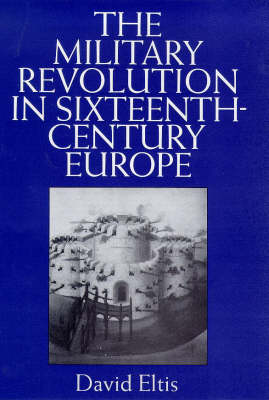International Library of Historical Studies
1 total work
v. 3
David Eltis's study represents a new twist in the already complicated debate on military change in the early modern period. Previous writers have, for the most part, defined a "military revolution" focused on the 17th or even early 18th centuries. Eltis suggests that key developments in training, organization, tactics and siege warfare occurred in the 16th century and, taken together, these innovations constitute a military revolution, changing the face of war. In England, these changes came later than in the rest of Europe and in Ireland, later still. English writers, in their anxiety to spur their countrymen to adopt the new methods, produced some of the most useful manuals of 16th-century Europe. These, together with Italian, Spanish, French and German texts form the main basis of this study, allowing the ideas of contemporaries to be set alongside accounts of actual military conditions in explaining one of the turning points of world military development.
